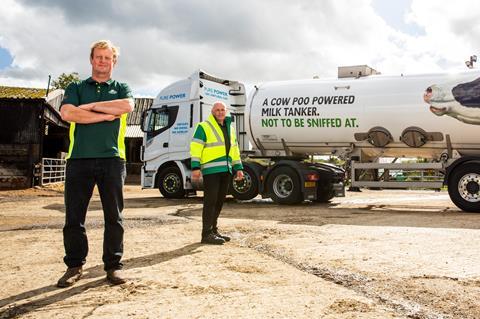
Arla Foods has urged the government to tap into a “major source of energy” from farms and the wider food supply chain by investing in more anaerobic digestion of food waste and slurry.
The dairy co-op launched so-called ‘Poo Power’ trials in 2020, which saw it turn slurry from 500 cows into 27,000 litres of biofuel for two trucks via anaerobic digestion.
Arla has now invested in permanent moves to tap into this energy source and is using slurry and food that would otherwise go to waste from its distribution site in Hatfield to power seven trucks.
The digestate by-product of the anaerobic digestion process is also a natural fertiliser that will be used on Arla’s farms, which is more stable and less likely to impact on air or water quality than standard fertiliser, it said.
However, much more needed to be done to capitalise on what was an abundant supply of waste that could be turned into energy, Arla claimed, citing data from the Anaerobic Digestion and Biogas Association, which showed Britain was currently using only a quarter of the 170 million tonnes of organic waste produced in this country each year.
The supplier is now calling on the government to invest in the UK’s anaerobic digestion system “to produce this sustainable gas at scale”, and urged it to “work with industry and local communities to develop a holistic and nationwide strategy for anaerobic digestion”.
Westminster should also ensure its post-Brexit ELMS subsidy regime provides financial support for the use of digestate as a biofertiliser, it said, adding government backing would drive greater adoption of AD technology at farm level.
Meanwhile, it is calling for an extension to the government’s Renewable Transport Fuel Obligation – which supports the use of biogases in transport – beyond 2032.
With 2,100 dairy farmers in the UK, Arla’s farmers’ cows produced millions of tonnes of slurry each year. When coupled with food that would otherwise have gone to waste, “Arla alone has the potential to turn tonnes of waste into valuable, reliable and sustainable fuel”, it said.
“Increasing the number of vehicles running on cow poo and food waste products will result in a reduction in vehicle emissions of 80%, and using the digestate coming out of the AD process instead of fertiliser on crops reduces on-farm emissions by a further 7%,” it added.
“At a time when energy security is a major concern for the government, businesses, and households across the UK, we’re clear about the opportunity presented by waste from farming and the wider food industry,” said Arla VP of UK logistics James Pirie.
“We’ve shown that poo power is a viable and reliable source of power, so we’re calling for the government to support British farmers and the waste and energy sectors with their plans for investment in infrastructure.”







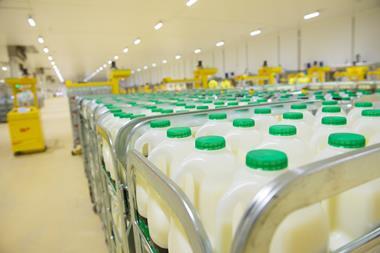
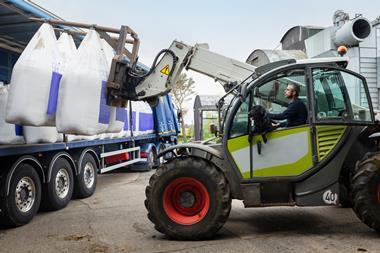
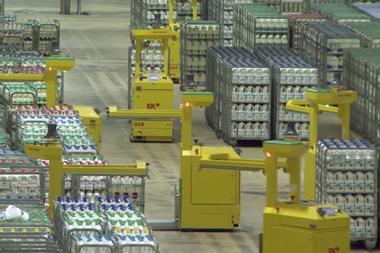
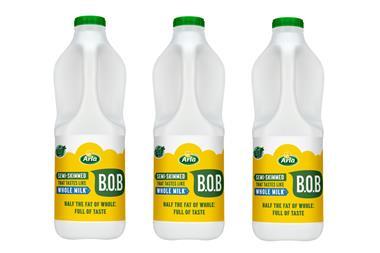
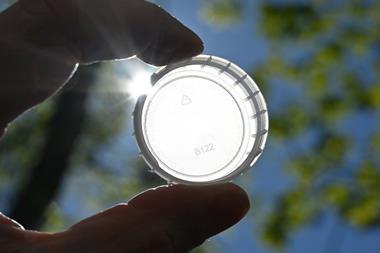
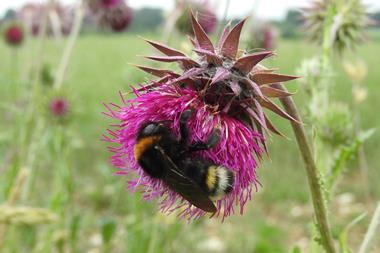






No comments yet